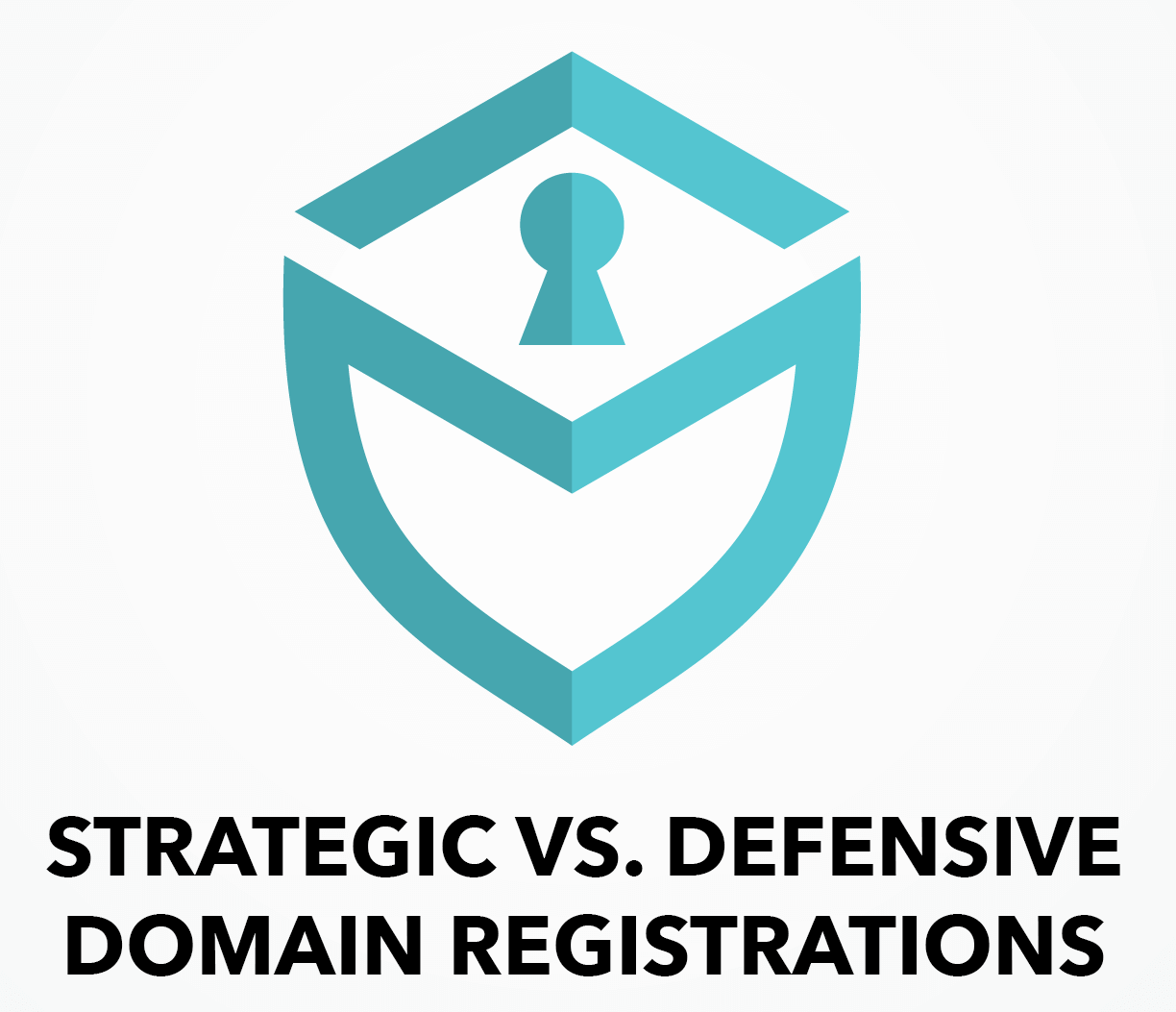I was reading an interesting article in Search Engine Journal last week about what they consider to be the difference between “strategic” and “defensive” domain registrations. Normally these two concepts tend to find themselves lumped together but I think there is a difference and this article did a good job of highlighting it.
The topic is one that’s particularly relevant today as we see more businesses than ever relying on their web presence for everything. So let’s start with the difference as Search Engine Journal sees it:
Strategic domain name registrations is the practice of registering domain names for sound business reasons that go beyond keeping the domains out of the hands of domain name squatters and competitors.
Strategically buying domain names that are similar to a businesses existing domain may be useful in building sales and online traffic.(Source – Search Engine Journal)
The reality is, as your business continues to grow, more people will find out about it, and that means they’ll try to scoop up similar domains, if you can get to those first you can save yourself some pain later on down the road. Last week I wrote an article about how people are registering domains with the word Zoom in it like it’s going out of style now that the popular streaming service is thriving.
While Zoom probably isn’t getting hurt by this very much at this point, for a smaller company that’s still getting their name out there this can have a real impact. Of course, you don’t just want to register anything you can think of, and that’s where the article differentiates between strategic vs. defensive.
Here are three key examples the article touches on of strategic registrations:
- Plural domain name variants
- gTLD variants
- ccTLD variants
I often find that people tend to be pretty good at registering the plural name variants if they can, but they often don’t think about gTLD and ccTLD variants which can also be confusingly similar. At the same time, be strategic, if you find yourself registering 100+ domains, there’s a good chance you’re buying stuff that nobody is going to actually buy and use against you. I do believe you’re better safe than sorry, but don’t get too carried away.
One topic the article doesn’t cover that I think is important to mention is that there is likely a difference in strategy for B2C vs. B2B companies. If your company is targeting consumers all over the world, you’re likely going to need to go much deeper with strategic registrations than you would if you’re an Enterprise B2B company targeting a specific niche.
Additionally, I always think it’s a good idea to own domains in your space that you could either use for marketing later down the road or that you wouldn’t want to have your competitors using for marketing. These domains might not have your company name in them but they could have words that are popular in the category you’re in. For example, if you’re a company like Ableton that sells software used to make music, you might want to also own domains with the words “make music” or “music making” in them as they could benefit you later down the road.
No matter how you slice it, you should own more than just your primary company domain name, but it’s important to really put some thought into it and be strategic with what you buy because you are going to be renewing these names likely for the life of your business.




